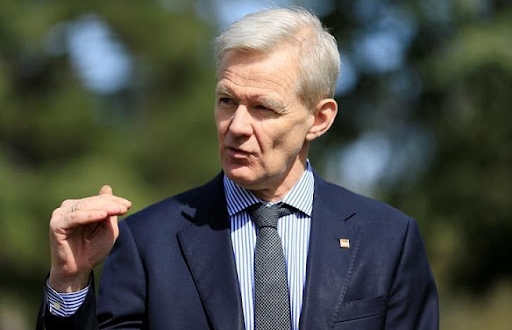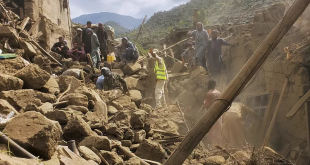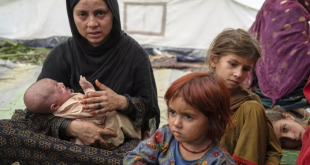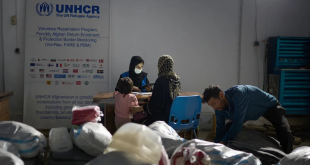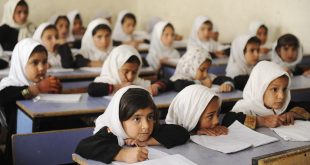KABUL – The Norwegian Refugee Council (NRC) Secretary General, Jan Egeland, has raised alarm over Afghanistan’s unpreparedness to handle the expected influx of millions of refugees from neighbouring countries. In a statement following his visit to Afghanistan, Egeland highlighted the dire conditions for returning Afghans and stressed the need for international support to address the growing humanitarian crisis.
Egeland described the plight of Afghans already returning from Iran, where up to two million people are expected to be expelled by March 2025. He met with some of the returning refugees at the border, noting that many of them felt trapped in a state of “enduring limbo.” These individuals had initially fled Afghanistan in search of a better life, only to return to a country where unemployment, hunger, and human rights violations continue to threaten their future.
In addition to the looming crisis with Iran, Afghanistan has also seen the expulsion of at least 800,000 refugees from Pakistan since October 2023. Most of these individuals are left struggling to find housing and employment in urban areas. Without strong familial or community ties, many face an uncertain future and limited resources.
“The poor and displaced Afghan families are paying a heavy price for a lack of real, durable solutions to assist displaced people and refugees,” Egeland stated. “We must address this escalating humanitarian crisis not only in Afghanistan but in neighbouring host countries as well.”
During his visit, Egeland engaged in discussions with Taliban authorities on how to better support returning refugees. However, he also raised concerns about severe restrictions on the rights of women and girls in Afghanistan, who are barred from education, employment, and public life. The ongoing ban on secondary education has left 1.5 million teenage girls out of school, while a new ban on training for midwives and nurses threatens women’s health and livelihoods.
“The international community must engage with the authorities in Afghanistan,” said Egeland. “The continued disengagement only enables further restrictions and suffering for women, girls, and families. Many see no option but to risk their lives on perilous journeys in search of safety.”
As Afghanistan faces one of the world’s worst humanitarian crises, with millions enduring harsh winter conditions and temperatures plunging to minus 10 degrees Celsius, NRC and other aid organizations are working tirelessly to provide essential assistance. However, the dwindling international aid and lack of support from global powers are exacerbating the suffering of the Afghan people, particularly the most vulnerable groups.
Egeland called on the international community to increase support for principled humanitarian aid, urging a shift towards constructive engagement with the Afghan authorities to create a more enabling environment for aid to reach those in need.
 Afghanistan Times
Afghanistan Times
